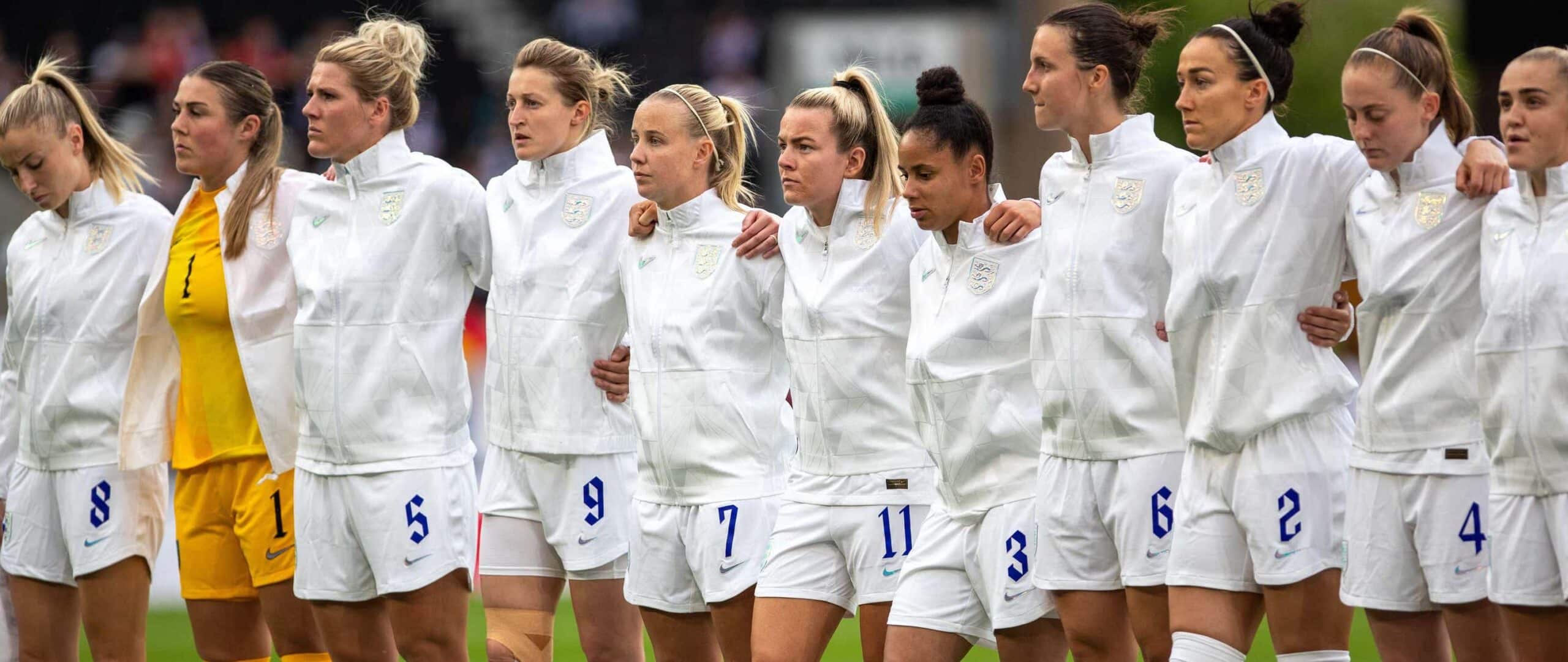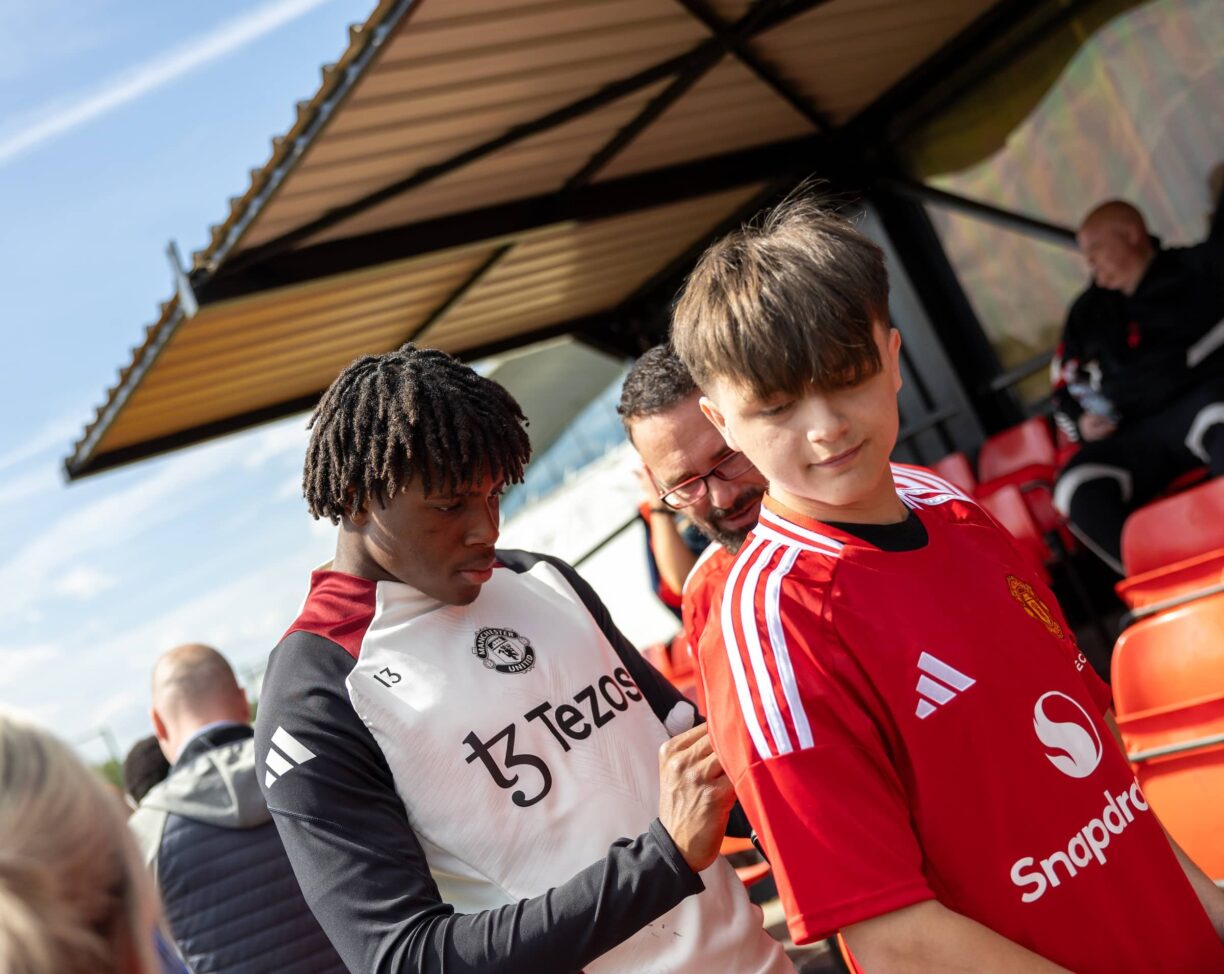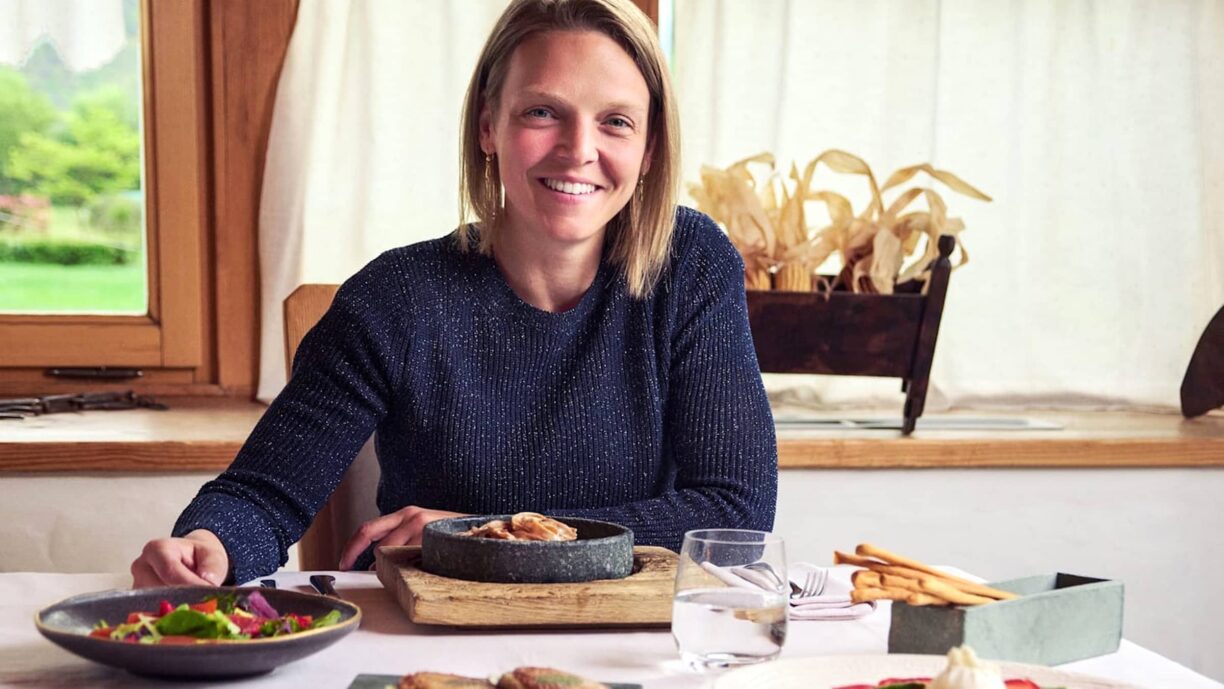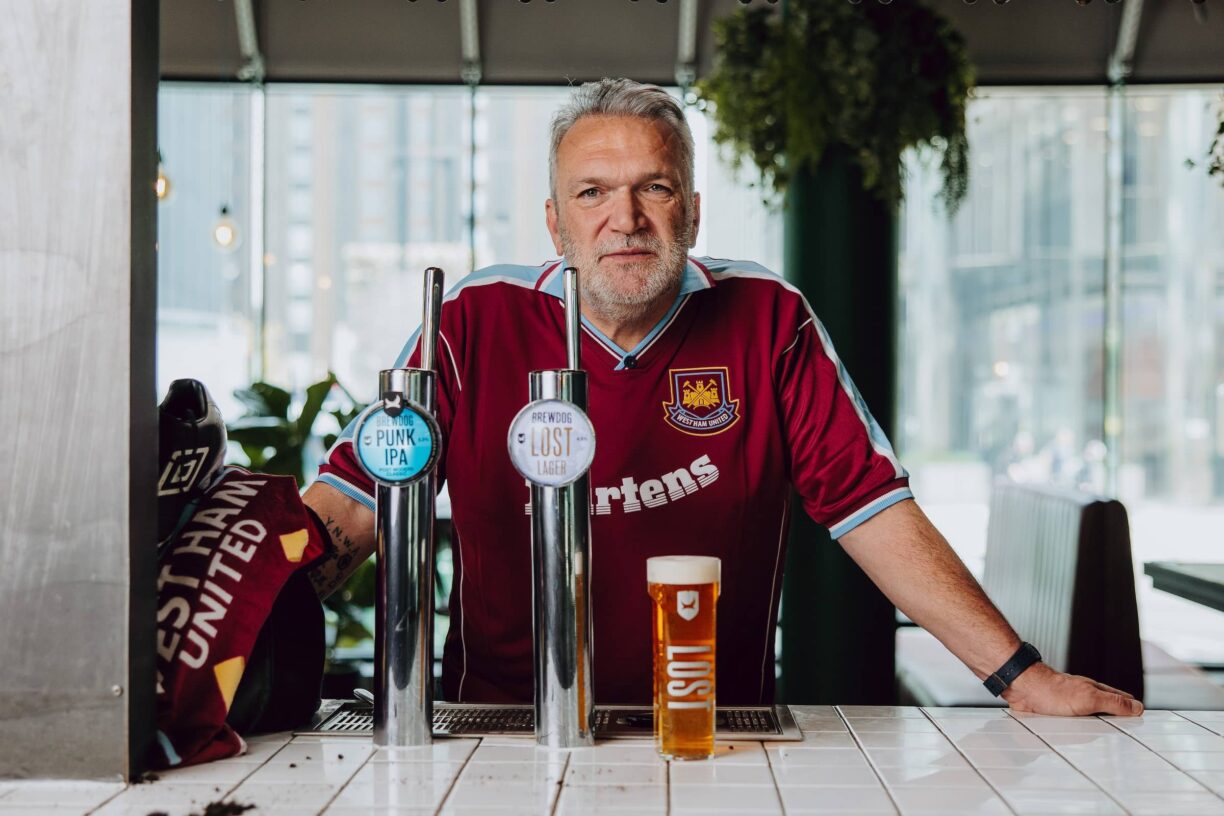Starting a new hobby as a grown-up is daunting – particularly a sport. You might be scared you won’t make friends, won’t look the part, or worse, you’ll embody ‘all the gear and no idea’. Plus, how do you even find a place to play in the first place?
Women’s football has seen a monumental surge in popularity in 2022 – the success of the Lionesses at the Euros, and the fact this year’s tournament has been held in England, has been hugely inspirational.
Since the competition started at the beginning of July, Albion in the Community, the charity wing of Brighton and Hove Albion reported a 55% rise in sign ups for its girls’ football sessions compared to last year.
Being taken along to a training session by your parents as a kid is one thing, but picking up the sport as a grown-up is another.
When I decided to start playing football after moving to a new city, having not played since my teen years, I was nervous to say the least.
As luck would have it, a local team tweeted that they needed players for the season ahead after Covid had hit their numbers.
I felt immediately welcome. It was truly a little football family, with engaged coaches, playing ranging from their early Twenties to late Fifties and a really diverse, lovely bunch of people – with a range of footballing abilities, including some complete beginners.
With weekly training and weekend matches, I increased my fitness levels after a few months and soon brushed up my skills. Now I don’t know what I would do without football and the people I’ve met through it.
So, here’s what to keep in mind as you start out on your footie journey, and a few things I wish I had known…
Find a team that will fit your schedule and head to a few different training sessions

Heidi Easton, 29, a freelance social media consultant, volunteers as an organiser for Bend it Like Peckham – a grassroots football team for women and non-binary people.
“I started playing about three years ago, having not played since school. When I got to secondary, I was told girls weren’t allowed to play football on our breaks or in PE because it was a ‘contact sport’,” she says.
Grassroots teams often advertise their sessions on social media.
“Some football teams are really clear upfront when you find them on Instagram or on their websites. For example, at Bend It Like Peckham, we always say, ‘Any levels, all welcome, at any time’.
You can show up one week and not the next, we don’t mind, because we don’t have to rent a pitch. However, some other teams might want a short-term commitment so they can guarantee the right resources are there.
Once you have found a few teams near you, drop them a message and go along to casual training sessions. If it isn’t for you, there is no pressure to go back.
All sorts of people play the sport so you are bound to find teammates you get along with. Easton says she’s had the opportunity to meet “the most interesting array of people I never would have met if it wasn’t for football.
I play alongside teachers, lawyers, artists, parents, friends, [people from] different generations, sexualities, people from Peckham, people from Scotland, the list goes on.”
Buy some cheap kit until you are ready to commit
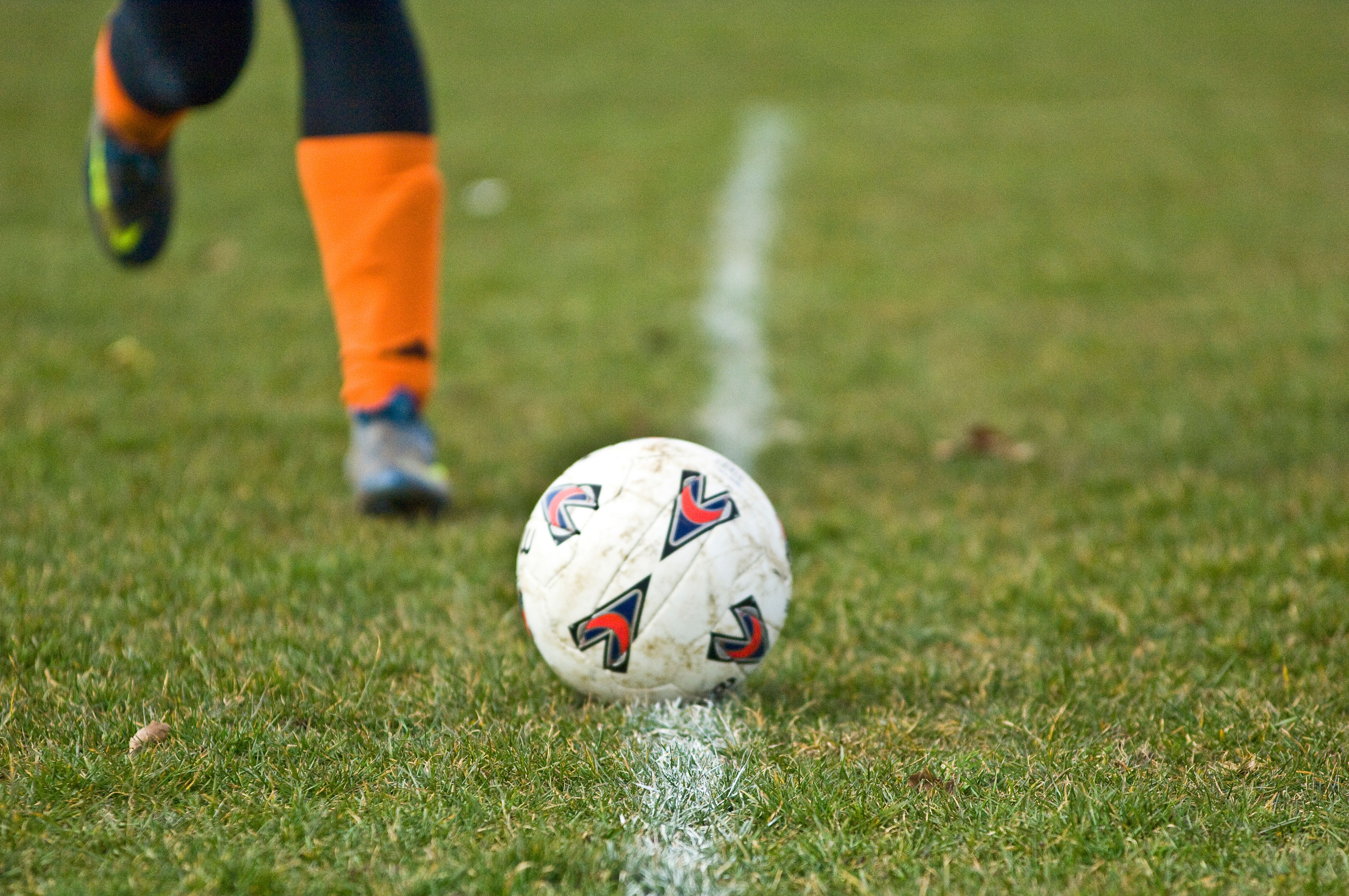
Sophie Petzal, 31, is TV writer who started playing football in her early Twenties in a bid to exercise, meet people and redress her work-life balance. Since then, football has become an integral part of her life.
When you’re starting out though, kit can be overwhelming.
“The only stuff you might not have which you will need are boots, shin-pads and football socks. In cheap sports stores, the most basic shin pads can be bought for about £5 and socks for even less,” she says.
“Go shopping in the kids section. Boys’ kit for 14 year-olds can often fit lads of up to 6 foot and is a third of the price of womenswear and certainly adult men’s.”
Equally, if you have a mate who is a similar size and already plays, don’t be afraid to ask to borrow their boots for a session to see if it is worth you investing.
Don’t jump into a position too quickly
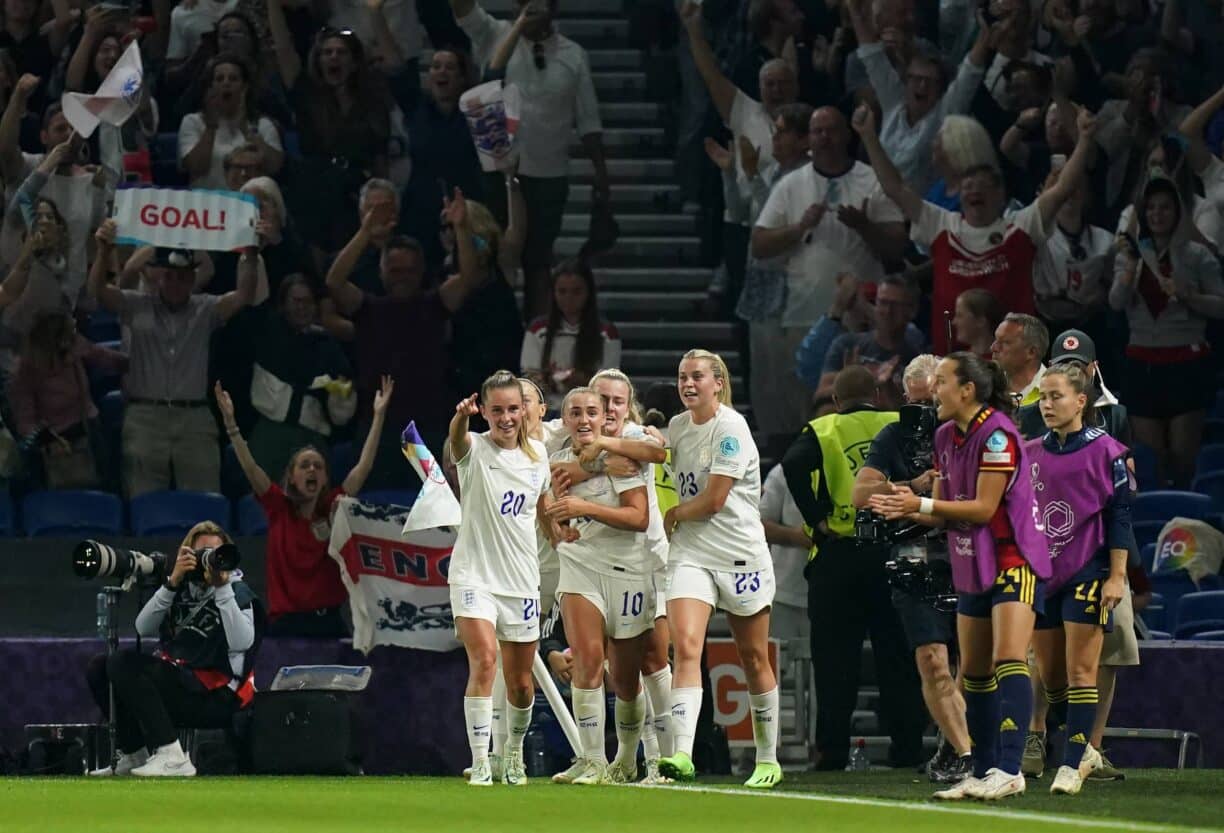
Petzal says there is no pressure to jump into a position immediately. Just because you love Millie Bright, it doesn’t mean you have to play in defence.
“A more experienced attendee can stick you in a spot that needs filling, fully aware that you’re new and just trying things out. Don’t worry if you’re rubbish. See it as the opportunity to work out what position you like,” she says.
Listen to your body
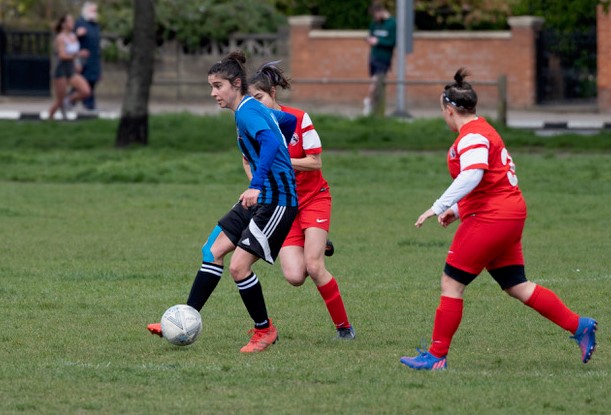
Age and fitness level need not rule you out of playing but take it easy.
“It’s so easy to get carried away with the fun of it and throw yourself in 110% first try,” says Petzal. “Get used to the pace. Take the warm ups seriously. Stiffness and lactic acid are common even for experienced players.
Your body will get used to the change and one of the gratifying things is seeing how far you’ve come after a few sessions, what you couldn’t tolerate before you now find easy.
“If you’re playing with an old injury, make sure you’ve sought your physio or doctor’s advice before playing and let your coach know. Particularly in adult football – everyone’s carrying an old injury or six.”
Chuck yourself in as much as you can but manage your expectations
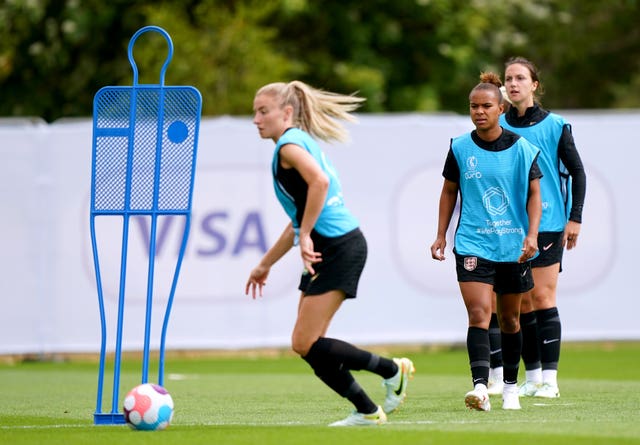
If you want to stick with the sport, it’s about being kind to yourself.
“Manage your expectations and manage the workload. Don’t overcommit in a fit of post-Euros excitement,” says Petzal. “Find a training session or a team you can join casually.
Keep at that until it becomes a habit. It’s much easier to drag yourself down to training after work or hungover when you’re excited to hang out with new friends or go for a pint and chips after.”
Catch England v Sweden in the UEFA Women’s Euros 2022 semi-final on June 26 on BBC One at 8pm.

